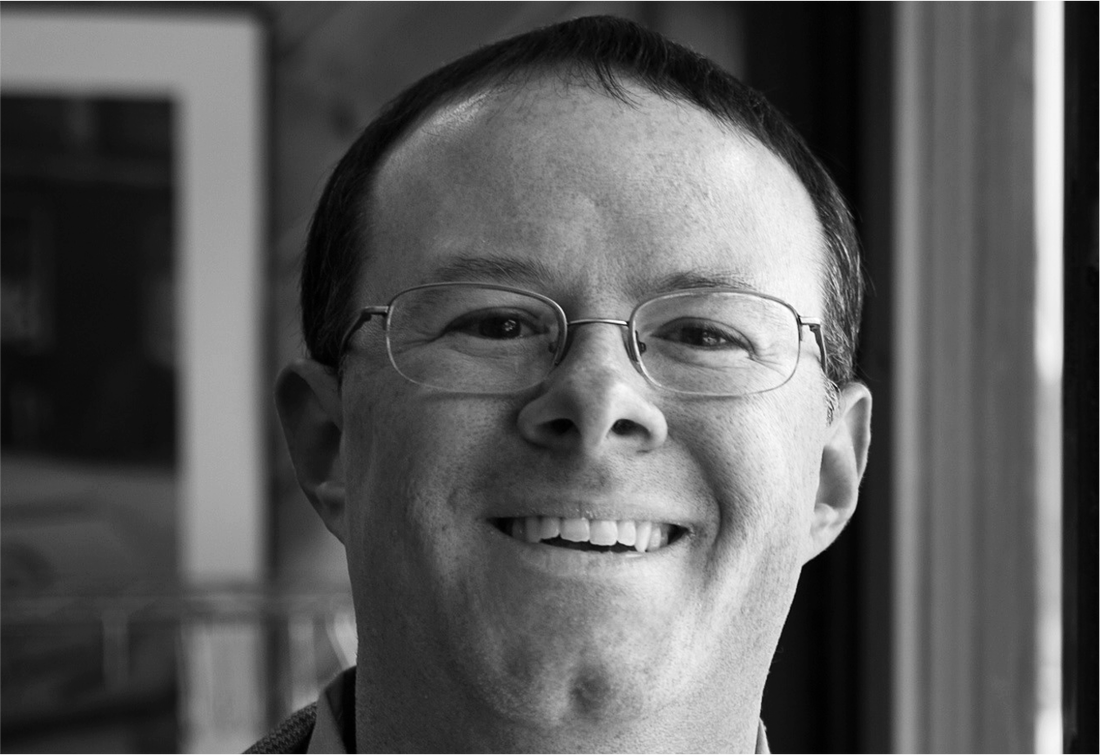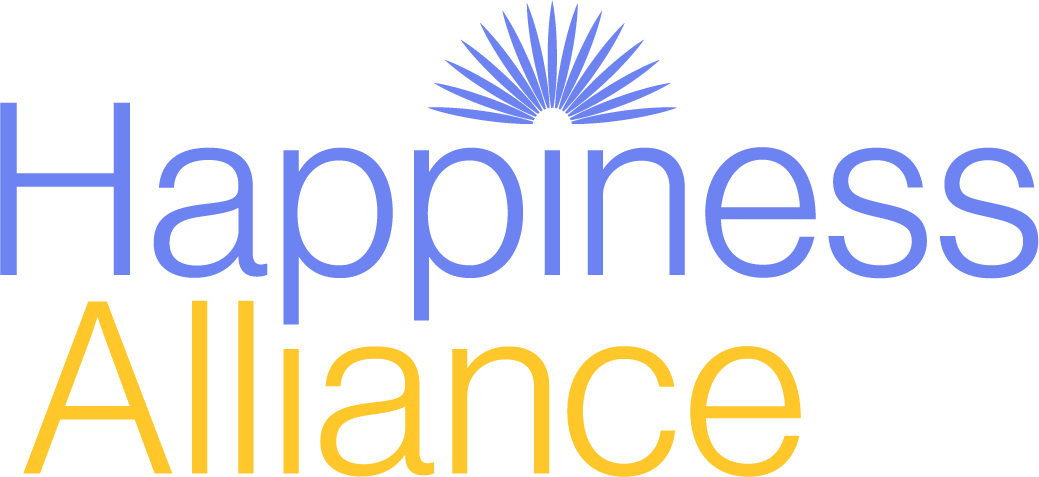Justin is a professor of Urban and Environmental Policy and Planning at Tufts University. His research and teaching is in the areas of physical planning, Big Data, shrinking cities, and the intersection between cognitive science, happiness, and the design of cities. He co-edited the book Urban Experience and Design: Contemporary Perspectives on Improving the Public Realm (Routledge, 2020) and is the author of seven other books on urban planning and design, including Cognitive Architecture Designing for How We Respond to the Built Environment (with Ann Sussman) and Urban Social Listening: Potential and Pitfalls for Using Microblogging Data in Studying Cities. He was recently inducted as a Fellow of the American Institute of Certified Planners and hosts the Apple podcast “Cognitive Urbanism”.
|
My vision for community well-being in the face of COVID-19 is that it demands a fundamental reorganization of how we, as professionals and scholars, interact with information and knowledge. For a century, community planners and policy professionals have drawn on social science research methods to understand what is happening in communities, from surveys to interviews, from statistical analysis of administrative data sets to qualitative coding of public meeting minutes. But the information age has come and future planning will need to engage with the digital crumbs people leave behind as they browse the web, post on social media, or text from their phone. The pandemic has moved so much of our lives online and not everything we do is going back to in-person modalities. The massive new sources of insight into where people spend time, what they think of their lives and their communities, and how they travel, require a new set of data collection and analysis techniques for community well-being practitioners and scholars to understand the places they live and work in.

